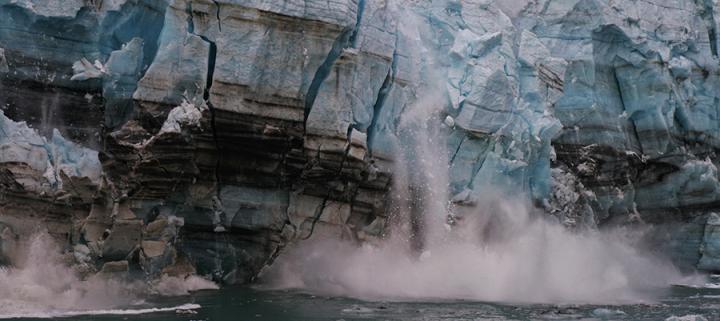Environment and society
We explore the interactions between natural anthropogenic processes, environments, resources, people and places.
Through our work, we aim to provide research-led solutions to global environmental and societal challenges.
Did you know?
|
|
|
Want to know more?
We've provided some useful links for you. To see the information, simply click on each heading below:

We are one of the largest and most successful groups of researchers delivering crucial research on the science of climate change, its impacts and risks, and options for adaption and mitigation.
Many of our researchers are pioneers in their field, with their work underpinning some of the most important international policy decisions in history.
We are also among the world-leading researchers who have made crucial contributions to the Intergovernmental Panel on Climate Change (IPCC).
Find out how we play a vital role in climate research and action worldwide:
As one of the world's leading universities, we play a vital role in tackling numerous complex global challenges.
On this website, you can find out how we are engaging with, and influencing the world for the better:
|
Space and satellite technology We are leading the way in harnessing the potential of Earth observation in the era of big data, using drone and satellite observations. Our data-driven research in space and satellites has won numerous awards including from the UK and European Space Agencies. |
|
|
Earthquake Forecasting Earthquakes can be destructive and deadly. How can we better predict earthquakes to reduce risks and save lives? Our work on earthquake forecasting has led to multi-national developments in government, industry and community responses that continue to this day. |
Earthquake Forecasting |
|
Pioneering nature-based solutions Our world-leading research on the sustainable management of resources and biodiversity protection is breaking barriers, and helping make a better world. |
University impact
You can also read related stories on the University Impact website:
|
Seeing the woods Getting a clear picture of how much living matter is in the world's forests and savannas - key data in managing these vital carbon stores - has always been tricky. Satellite technology is changing that. |
Seeing the woods |
We host national and international knowledge exchange centres such as the Edinburgh Climate Change Institute, and the Centre for Sustainable Forests and Landscapes.
|
Edinburgh Climate Change Institute Our School hosts and manages the Edinburgh Climate Change Institute (ECCI). Previously named the Edinburgh Centre for Carbon Innovation, ECCI is Scotland's leading knowledge exchange hub on climate change. ECCI provides decision-makers with the evidence base for future policy and funding priorities on climate change and is the leading 'research into policy channel' for the Scottish Government. |
Visit the ECCI website |
|
Centre for Sustainable Forests and Landscapes Launched by our School, the Centre for Sustainable Forests and Landscapes is a hub that brings together various sectors working on global issues of environment and development. The Centre provides critical interdisciplinary knowledge to deliver sustainable landscape management and policy development. |
Visit the Centre website |
Learn more about our ground-breaking work, our passions and discoveries.
Research groups
|
Biosphere A community of researchers exploring the interface between the physical earth and the atmosphere. The group is pushing the frontiers of research on soils, freshwater, microbes and plants, their interactions and their role in the entire Earth system. |
Visit the research group |
|
Earth resources Our group studies the Earth's natural resources and are dedicated to understanding how to utilise these resources responsibly for the benefit of all. |
Visit the research group |
|
Environmental change and societal transitions A community of researchers that examine the interactions between people, the environment and technology. Our members seek to learn how people can live well with a changing environment, without making life harder for others, now and in the future. Our group consist of ecologists, human geographers, geographical information systems (GIS) specialists, political scientists, remote sensing scientists and anthropologists. |
Visit the research group |
|
Geohazards and risk A community of researchers exploring where communities, infrastructure, or resource management combined with natural processes in the Earth generate potential risk. It brings together experts in seismic, volcanic, flood and landslide hazards from across the University in conjunction with partners such as the British Geological Survey. |
Visit the research group |
Our researchers
You can search for our researchers by research theme, institute or research group.
Satellite data allows us to see how forests are changing and help diagnose why – whether it be fire, agriculture or urban spread. Our models then predict what will happen to the savannas if we continue to act in this way and what the outcomes will be if lands are managed differently. This work is essential to help guide community preparations for and adaptations to climate change and so ensure livelihoods can be sustained and enhanced.

